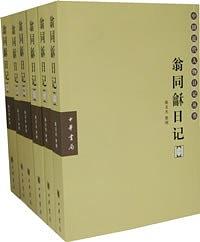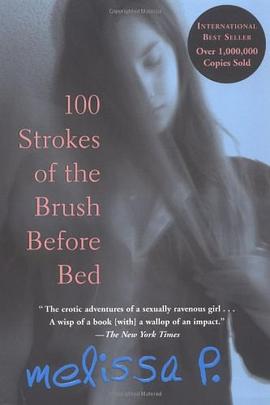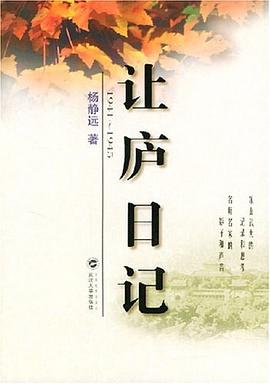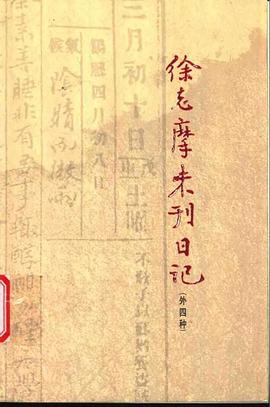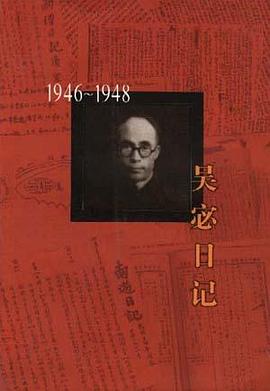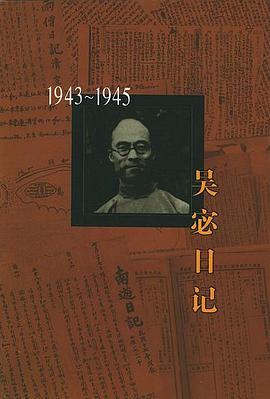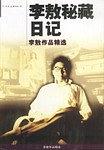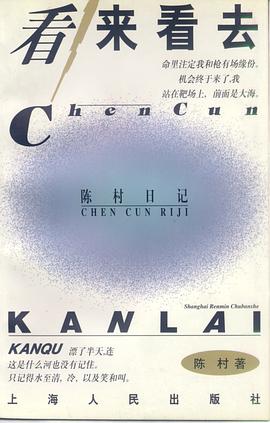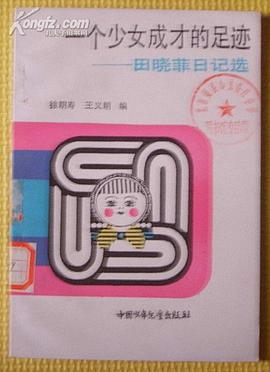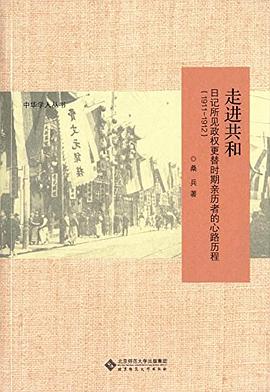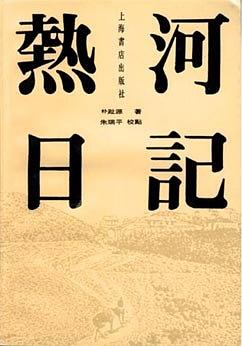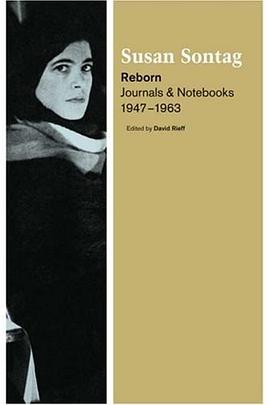

具体描述
"I intend to do everything...to have one way of evaluating experience—does it cause me pleasure or pain, and I shall be very cautious about rejecting the painful—I shall anticipate pleasure everywhere and find it too, for it is everywhere! I shall involve myself wholly...everything matters!"
So wrote Susan Sontag in May 1949 at the age of sixteen. This, the first of three volumes of her journals and notebooks, presents a constantly and utterly surprising record of a great mind in incubation. It begins with journal entries and early attempts at fiction from her years as a university and graduate student, and ends in 1964, when she was becoming a participant in and observer of the artistic and intellectual life of New York City.
Reborn is a kaleidoscopic self-portrait of one of America’s greatest writers and intellectuals, teeming with Sontag’s voracious curiosity and appetite for life. We watch the young Sontag’s complex self-awareness, share in her encounters with the writers who informed her thinking, and engage with the profound challenge of writing itself—all filtered through the inimitable detail of everyday circumstance.
Editorial Reviews
From Publishers Weekly
Starred Review. The first of three planned volumes of Sontag's private journals, this book is extraordinary for all the reasons we would expect from Sontags writing—extreme seriousness, stunning authority, intolerance toward mediocrity; Sontags vulnerability throughout will also utterly surprise the late critic and novelists fans and detractors. At 15, when these journals began, Sontag (1933–2004) already displayed her ferocious intellect and hunger for experience and culture, though what is most remarkable here is watching Sontag grow into one of the century's leading minds. In these carefully selected excerpts (many passages are only a few lines), Sontag details her developing thoughts, her voluminous reading and daily movie-going, her life as a teenage college student at Berkeley discovering her sexuality (bisexuality as the expression of fullness of an individual), and meeting and marrying her professor Philip Rieff, with whom, at the age of 18, she had David, her only child. Most powerful are the entries corresponding to her years in England and Europe, when, apart from Philip and their son, the marriage broke down and Sontag entered intense lesbian relationships that would compel her to rethink her notions of sex, love (physical beauty is enormously, almost morbidly, important to me) and daughter- and motherhood, and all before the age of 30. Watching Sontag become herself is nothing short of cathartic. (Dec.)
Copyright © Reed Business Information, a division of Reed Elsevier Inc. All rights reserved.
From Booklist
Rieff sensitively portrayed revered critic and novelist Sontag during her last days in Swimming in a Sea of Death (2008) and now continues to navigate the great sea of her legacy as editor of her journals. He didn’t want to open his mother’s private life to public eyes, but because her papers are available to scholars, he does so preemptively, granting readers access to the innermost thoughts of a genuine prodigy. In 1948, at age 15, Sontag asks, “And what is it to be young in years and suddenly awakened to the anguish, the urgency of life?” After starting college at 16, she fills her journals with passionate analysis of books, her intellectual ambitions, her struggle to accept her homosexuality, and the ecstasy and torment of her first lesbian relationship. Then, suddenly, this ardent seeker becomes a wife and mother. She loves her son, but marriage does not suit her, and her battle to reclaim her true self is one of several dramatic rebirths punctuating this electrifying record of Sontag striving to become Sontag. Two more volumes are planned. --Donna Seaman
Review
“What ultimately matters about Sontag . . . is what she has defended: the life of the mind, and the necessity for reading and writing as ‘a way of being fully human.’” —Hilary Mantel, Los Angeles Times Book Review
作者简介
Susan Sontag immediately became a major figure of our culture with the publication in 1966 of the pathbreaking collection of essays Against Interpretation. She went on to write four novels, a collection of stories, several plays, and seven works of nonfiction, among them On Photography (1977) and Illness as Metaphor (1978). Her many international honors included the Jerusalem Prize (2000) and the Friedenspreis (Peace Prize) of the German Book Trade (2003). She died in New York City on December 28, 2004.
目录信息
读后感
一个晚上的时间,我读完了苏珊•桑塔格(以下简称为SS,即Susan Sontag的缩写)日记中1947-1949年的部分。这是SS最早期的日记和笔记,由此我们可以一窥花季年龄的SS,已经被上帝赋予了多么惊人的天赋和才华。16岁的SS的文字,似乎已在预示着她必将成就一番事业。1947年、1948...
评分1957年12月底,苏珊•桑塔格在日记中这样写道:“日记是用来表现我个性的工具。它代表我是一个在情感和精神上都是独立自主的人。因此(唉),它根本不是单纯记录我的每天的真实生活,而是——有许多则日记正是如此——提供了与我实际生活不同的其他可能性。”其时桑塔格24岁...
评分 评分1963年苏珊·桑塔格的小说处女作《恩主》问世,那一年,她刚好三十岁。与日后作为公共知识分子给人们的强大、彪悍、入世、咄咄逼人的形象不同,如果凭小说来推测其作者,苏珊·桑塔格应该是一个极端敏感、内省、甚至有些自闭的人。 苏珊·桑塔格这样评价自己的小说:“《恩主...
评分用户评价
自从数年前拜读刘擎的书评之后就一直希望能窥探桑塔格的这本日记(编者正是其独子David Reiff)。不仅是桑塔格十五岁到三十岁这段时间的思想成熟过程的记录(其读书之痴迷之广博令人惊诧), 也是一个女人内心欲望的直接投射,从婚姻到生子到离婚再到性向转变。这种爱欲与智识渗透交织的个人历程也是勾勒天才这一含混概念轮廓的一次尝试。
评分不是很懂为何会有这么高的分数。。。。以及,是儿子缺钱了才挖老妈的日记出来挣生活费的吧。。。。怎么说呢,全篇过多的情感纠葛碎碎念,只有在偶尔穿插的对于自我认知的思考讨论中能看出sontag的真正功底,而面对生活面对感情,她竟和邻家大妈无甚差别
评分就說人只能夠死一次 不然桑應該會被他兒子給氣死吧
评分就說人只能夠死一次 不然桑應該會被他兒子給氣死吧
评分喜欢她用“X”的写作方式--描述无法定义的东西并将其作为一个名词。整体来讲干货不多,毕竟人家自己也没想要发表,绝对的真诚也只能是灵光一闪吧,我们自己都不知道自己感觉的到底是什么。的确是感叹人要live life to the fullest啊。sex与intellect能兼得真是一大幸事。需要重读一些书;需要更加坚信自己的感觉与意志;需要放开束缚勇敢拥抱陌生的东西。的确应该考虑拥有可以收集的笔记本了:要多写作!不要偷懒!
相关图书
本站所有内容均为互联网搜索引擎提供的公开搜索信息,本站不存储任何数据与内容,任何内容与数据均与本站无关,如有需要请联系相关搜索引擎包括但不限于百度,google,bing,sogou 等
© 2025 book.wenda123.org All Rights Reserved. 图书目录大全 版权所有

